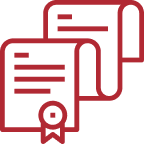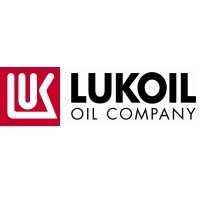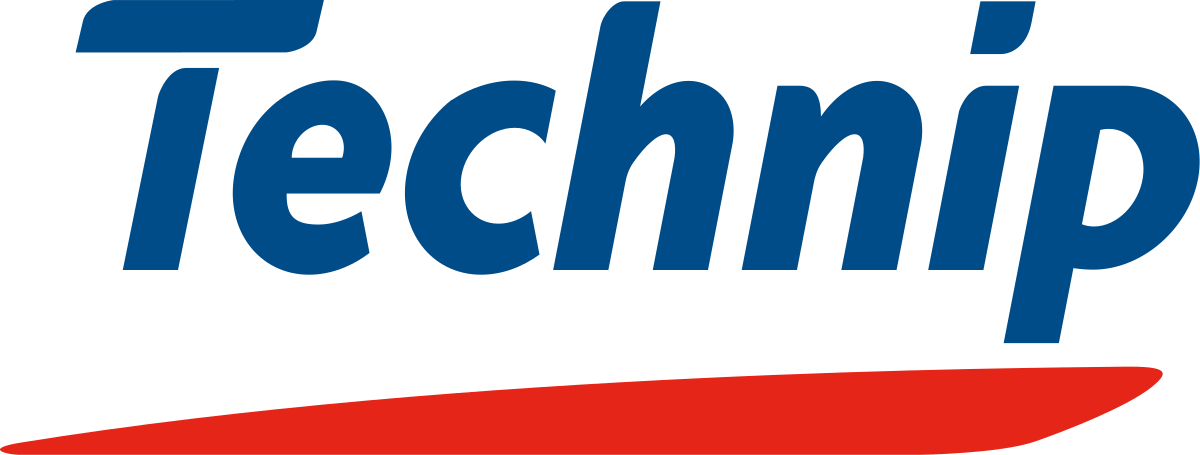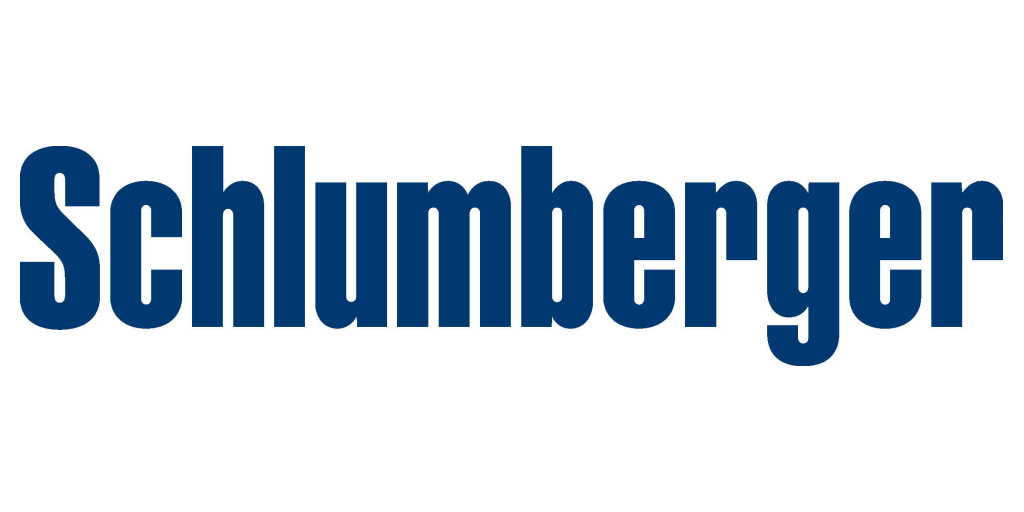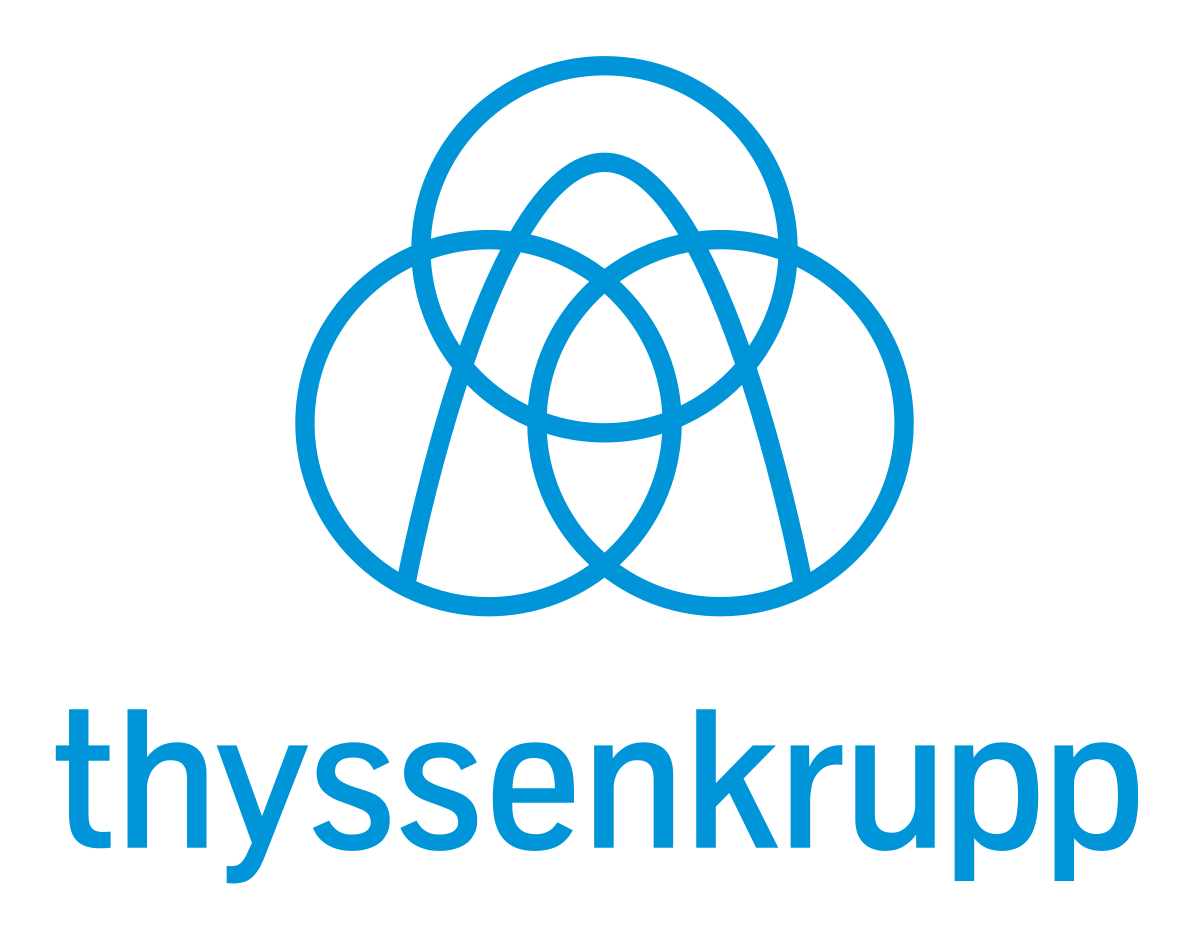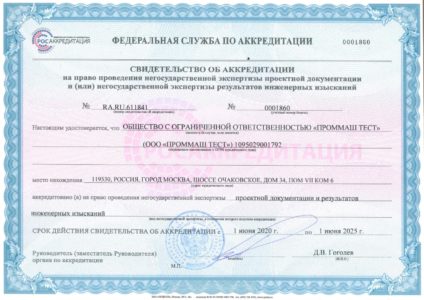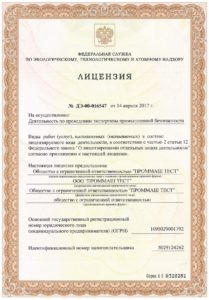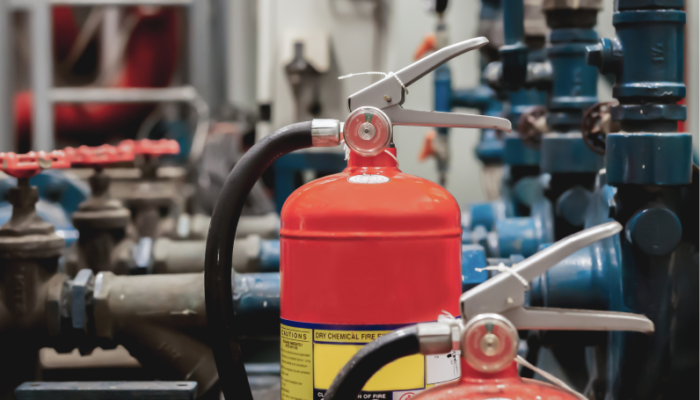
The technical regulation introduced mandatory requirements for fire safety and fire extinguishing equipment, as well as for its marking, which all EEU member states must comply with. These products are intended to prevent, limit the spread of fire, extinguish fires, save people, and protect property and the environment from fire.
For products that are not included in the scope of application of TR EEU 043/2017, the national legislation of the EEU countries continues to apply. In Russia, this is Federal Law No. 123 of 22.07.2008.
Products regulated by TR EEU 043/2017
- Fire extinguishers and extinguishing agents;
- Fire-fighting equipment, tools and additional equipment;
- Vehicles, truck elevators, motor pumps and other vehicles and transportable machinery;
- Technical equipment included in the fire automation systems, automatic fire extinguishing equipment, and smoke ventilation systems;
- RUP
- Fire protection equipment;
- Special clothing and PPE for firefighters;
- People rescue equipment from heights;
- Filling of openings in fire barriers (doors, gates, hatches, valves, etc.);
- Trim products made of non-metallic materials and intended for the installation of electrical wiring;
- Fire cabinets, cocks and shut-off valves.
How compliance is confirmed
According to TR EEU 043/2017, products are subject to both certification and declaration. If it is a batch production, the certificate is issued for 5 years, the declaration can be issued for up to five years. The period of validity is not indicated in the authorization documents for a batch of goods. The TR EEU allows products to be certified rather than declared. This substitution is made at the request of the applicant. In this case we can carry out the procedure according to all rules and issue you a certificate.
Stages of certification
Your application will be managed by a personal manager. He will tell you in detail how the service will be rendered.
- You will receive the exact list of documents required for your particular situation (including the documents required for the production evaluation, if it is part of the certification scheme).
- The expert will select product samples and send them to an accredited laboratory for testing.
- If serial products are being certified, the expert will analyze the production. His aim is to make sure that the manufacturer has the necessary conditions to ensure the production of products that meet the requirements of technical regulations.
- If the results of tests and production verification are positive, we will draw up and issue you a certificate.
- If the certificate is issued for serial products, we will carry out inspection control of the certified product at certain intervals during its validity period. This is necessary to ensure that they still meet the confirmed requirements.
We can help you with the declaration!
Only the applicant himself can register a declaration of conformity to TR EEU 043/2017. But we are ready to help conduct the procedure according to all the rules:
- provide a list of documents that need to be collected by a particular applicant, taking into account the conditions of his application;
- help to correctly fill out the declaration;
- explain where and how to get an EDS, which is needed to register the declaration in the registry;
- verify all documents;
- upload a draft of the declaration with the documents to the IGIS registry (the applicant will only have to sign it with his EDS).
If you, as a foreign company, do not have an official representative on the territory of the EEU, we are ready to carry out the conformity assessment procedure on our behalf.
We will coordinate the layout of the product authorization document with you in advance in order to avoid possible errors in it.
The service is provided on the basis of a contract for the function of a foreign manufacturer in terms of ensuring compliance of the supplied products with the requirements of the technical regulations of the Customs Union and in terms of liability for non-compliance of the supplied products with the requirements of the technical regulations of the Customs Union.

